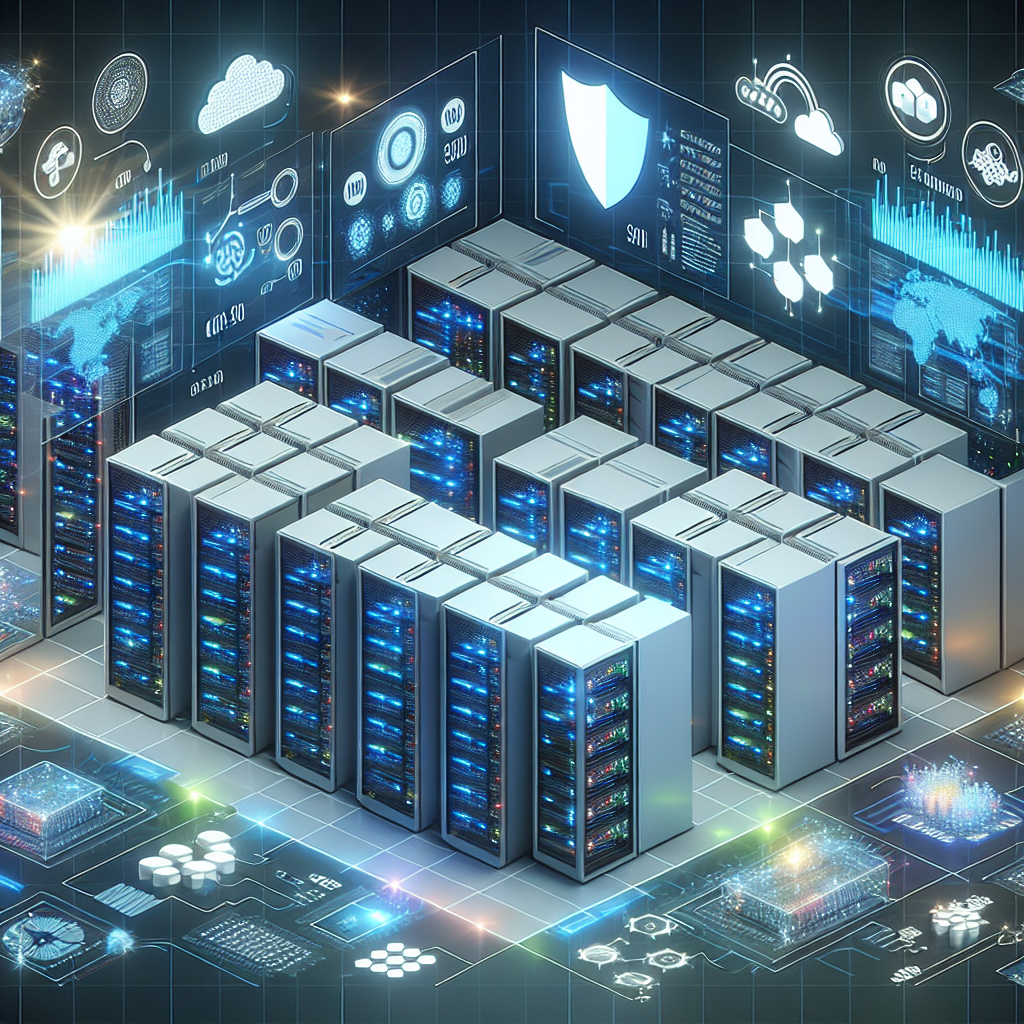In today’s increasingly digital world, data centers play a crucial role in the functioning of businesses, governments, and other organizations. These facilities house the servers, storage, and networking equipment that support the vast amounts of data generated and consumed every day. As such, the importance of data center resilience cannot be overstated.
Data center resilience refers to the ability of a data center to remain operational and continue to provide services in the face of various disruptions, such as power outages, natural disasters, cyberattacks, and equipment failures. In an era where downtime can result in significant financial losses, damage to reputation, and even compromise of critical services, ensuring the resilience of data centers has become a top priority for organizations.
One of the key reasons why data center resilience is so important is the increasing reliance on digital technologies. With the rise of cloud computing, big data analytics, IoT devices, and other digital innovations, organizations are generating and processing more data than ever before. This data is not only valuable but also sensitive, requiring robust security measures to protect it from unauthorized access and data breaches.
In this context, data centers serve as the backbone of the digital economy, providing the infrastructure needed to store, process, and transmit data securely and efficiently. Any disruption to the operation of a data center can have far-reaching consequences, affecting not only the organization that owns the data center but also its customers, partners, and other stakeholders.
To ensure the resilience of their data centers, organizations need to implement a comprehensive strategy that includes redundant power supplies, backup generators, cooling systems, fire suppression systems, and physical security measures. They also need to have robust disaster recovery and business continuity plans in place to minimize downtime and ensure the continuity of operations in the event of a crisis.
Moreover, organizations should regularly test and update their data center resilience measures to keep pace with evolving threats and technologies. This includes conducting regular audits, vulnerability assessments, and penetration testing to identify and address potential weaknesses in the data center infrastructure.
Ultimately, the importance of data center resilience lies in its ability to safeguard the integrity, availability, and confidentiality of data in an increasingly digital world. By investing in the resilience of their data centers, organizations can not only protect their assets and reputation but also ensure the seamless delivery of services to their customers and stakeholders. As the digital landscape continues to evolve, data center resilience will remain a critical factor in the success and sustainability of organizations across all industries.


Leave a Reply